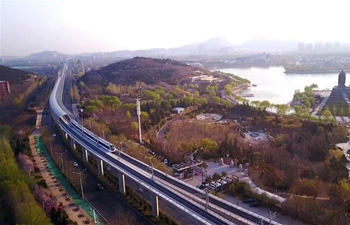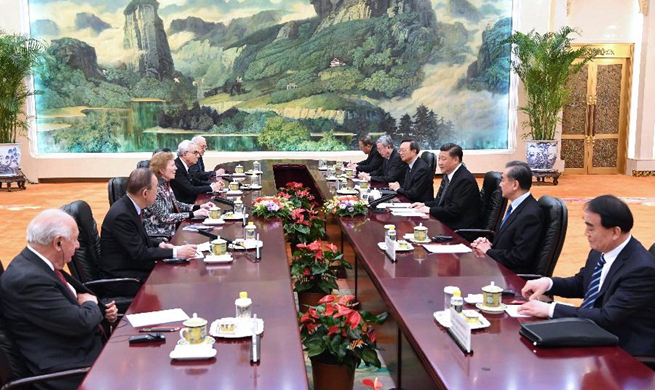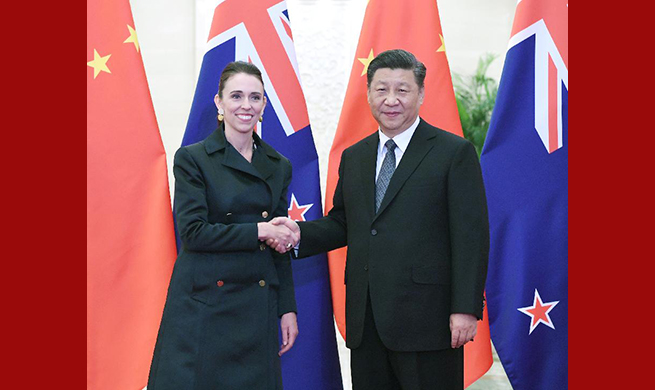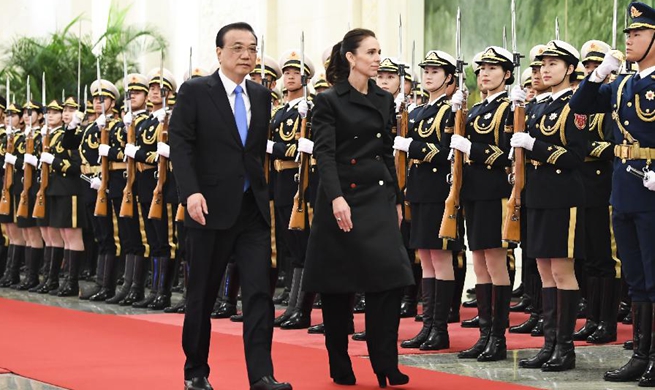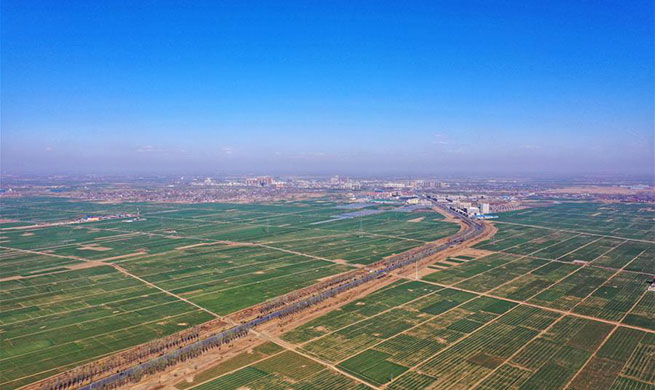by Ronald Ssekandi
KAMPALA, April 2 (Xinhua) -- Uganda is harnessing the power of mobile phones as a driver of its economic growth under the country's Vision 2040, which aims at the country's transition from a low-income country to one with a competitive upper middle class.
The mobile industry has succeeded in enabling access to services in the fields of finance, agriculture, health, education and energy, Uganda's Minister of Information and Communications Technology Frank Tumwebaze said at a recent national dialogue on digital transformation.
"Mobile phones enable the most widespread and inclusive means of accessing the Internet and digital technologies, which are vital to the growth of the Ugandan economy in an increasingly digital world," Tumwebaze said.
Almaz Gebru, acting resident representative of the United Nations Development Program (UNDP), said the evolution of mobile phones and digital services in Uganda is already yielding results.
Gebru said that in the late 1990s, mobile phones were only for a minority. One usually had to travel over 20 km to the nearest service provider to make phone calls.
"Today, nearly half of the Ugandan population have mobile subscriptions, with more than 10 million Ugandans accessing the Internet on phones. Farmers can access market prices and sell products remotely. Citizens in rural areas do not require a bank account to save, send or withdraw money. They no longer have to travel to town to pay school fees or utilities," she added.
Key platforms such as mobile money and Cellular Internet of Things (IoT) enable the creation, distribution and consumption of a wide range of digital services, according to a report by the United Nations, Britain's Department for International Development and the Swedish International Development Cooperation Agency.
The report said mobile money is now the main driver of formal financial inclusion in Uganda, with 22 million registered accounts compared to just 5 million registered accounts in traditional banks.
Uganda's Prime Minister Ruhakana Rugunda said in a speech which was read on his behalf, that as the Fourth Industrial Revolution takes shape, the multiple use and fusion of different technologies across all sectors will be critical.
"To benefit from this revolution, we need the right partnerships and the right legal and regulatory environment," Rugunda said, mentioning the National Broadband Policy released last year.
The policy, said Tumwebaze, defines the appropriate technology mix that will enable universal connectivity and reform the licensing framework to improve quality of service in the industry.





